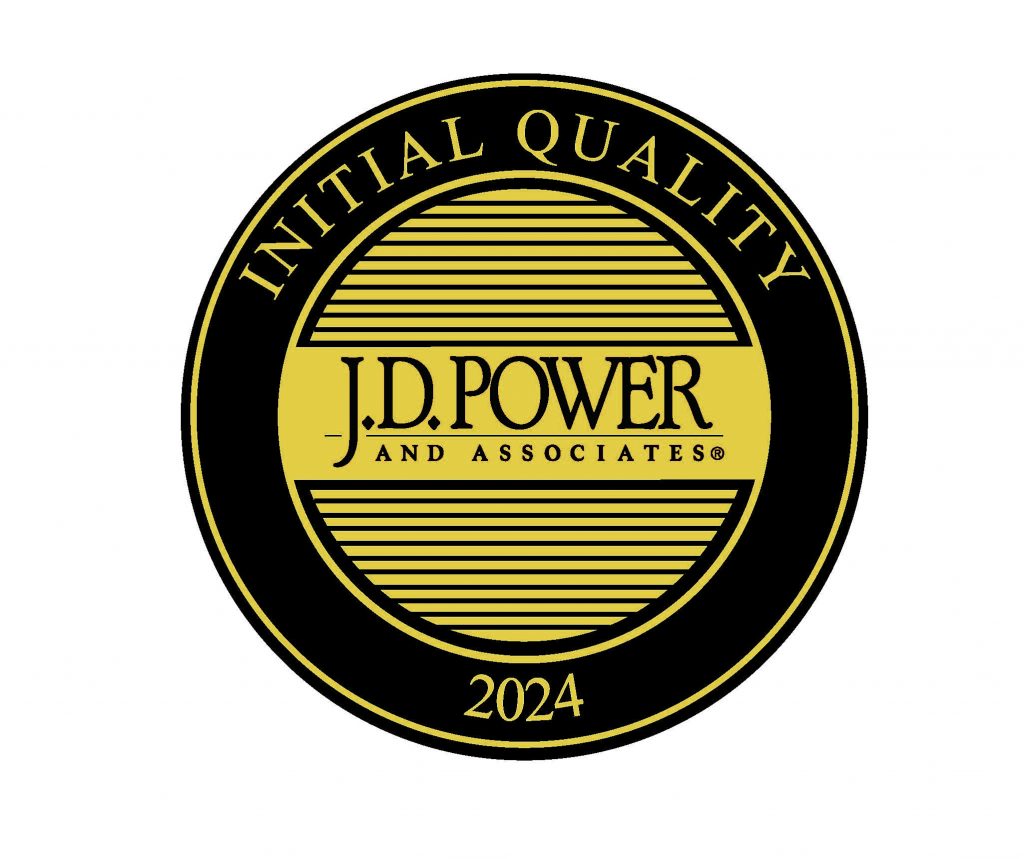If you’ve been following developments in the Philippine automotive industry, I’m sure you’re quite familiar with J.D. Power and their automotive surveys – several key surveys that assess the performance and dependability of car manufacturers – which provide valuable insights for both consumers and automakers.
J.D. Power is a global leader when it comes to providing consumer insights, data and analytics, and is highly regarded for its comprehensive surveys that evaluate customer satisfaction, product quality and reliability.

Some of the key types of J.D. Power Automotive Surveys are the: Initial Quality Study (IQS), which measures the number of problems experienced by new car owners within the first 90 days of ownership; Vehicle Dependability Study (VDS), which assesses the reliability of vehicles after three years of ownership, focusing on long-term durability and quality; Automotive Performance, Execution and Layout (APEAL) Study, which measures car owners’ emotional attachment and perceived level of excitement for their vehicles across 77 attributes, ranging from their sense of vehicle comfort and luxury, all the way to the thrill of driving; Sales Satisfaction Index (SSI) Study, which evaluates the experience of purchasing a car from the customer’s perspective while examining factors such as the dealer staff interface, negotiation process, paperwork completion, and vehicle delivery; and the famous Customer Service Index (CSI) Study, which measures customer satisfaction when it comes to their vehicle service experience at authorized service centers.
Since these well-established surveys provide an in-depth look at how car manufacturers fare in terms of product quality, reliability and customer satisfaction, they do an excellent job in guiding consumers on making informed decisions when it comes to purchasing vehicles. This, in turn pushes manufacturers to continuously improve their product offerings. And it is noteworthy to say that Japanese car brands, in particular, have consistently excelled in these surveys – reinforcing their reputation for building reliable, high-quality vehicles that meet the needs and expectations of Filipino drivers.

In the last ten years, several Japanese car brands have consistently topped the J.D. Power Vehicle Dependability Studies. Toyota and Lexus have shown exceptional performance in the 2023 study, with Lexus taking the lead with its RX model tying for the most dependable vehicle alongside the Toyota C-HR. The study assesses vehicle reliability based on the number of problems experienced per 100 vehicles over the previous year by original owners of 3-year old vehicles.
In the 2024 J.D. Power Initial Quality Study (IQS), Porsche came first in the overall ranking of vehicles in the premium segment. This quality study conducted surveys in the USA and evaluated the quality of new cars in the premium segment across 200 models from more than 30 brands in the United States. This came after they ranked a strong second place in the same category, the year before (2023).

In the locally conducted surveys, Mazda Philippines has also celebrated significant success in J.D. Power surveys over the years, particularly in customer satisfaction and after-sales service. Mazda topped the J.D. Power Philippines Customer Service Index (CSI) Study in 2016 and 2019. This study evaluates customer satisfaction in their experiences with dealer service during the first three years of vehicle ownership. It focuses on five key areas, namely: service quality, service advisor, vehicle pick-up, service initiation and the actual service facility. Also in 2019, Nissan Philippines ranked second in the Customer Service Index, representing high after-sales satisfaction. In 2018, it was Honda that led the Philippine CSI, followed by Nissan in second, and Mitsubishi in third place.
Moreover, Toyota Philippines topped the Sales Satisfaction survey in the Philippines back in 2016, followed closely by Isuzu in second place. And Honda Philippines ranked number 1 in the 2019 J.D. Power Sales Satisfaction Index in the country. It also ranked first place in the same survey in the years 2017 and 2012. Clearly, the Japanese brands have got reliability and after-sales satisfaction on their side in the local landscape, proven through the test of time.
As you see, it is through these comprehensive assessments that J.D. Power plays a crucial role in the Philippine automotive industry. It is always a good thing to promote transparency… especially since pointing out realities – both positive and negative – enables manufacturers to identify potential issues early-on, and immediately work on addressing them. This plays a major role in the never-ending bid towards excellence.

